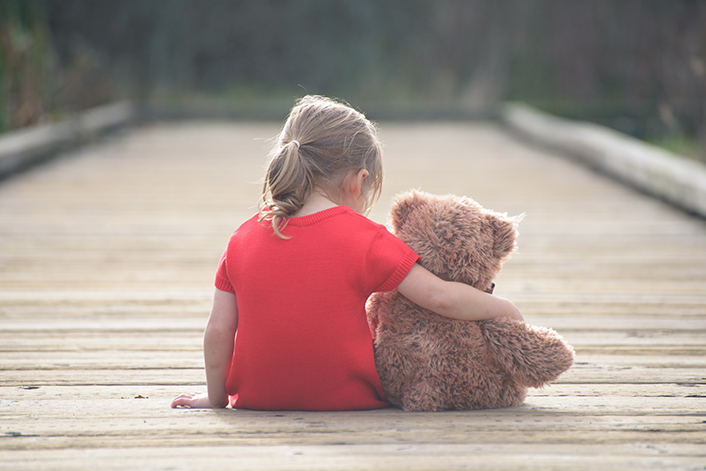
What are the signs and symptoms of depression in children and young people?
Depression is one of the most common mental health disorders that present in the adult population and, although it would appear to be less common in children, it does occur.
Depression affects emotion, thinking and behaviour. It can be noticed in children as young as five years old. About 5% of children and adolescents in the general population experience depression at any given point in time. Children under stress, who experience loss, or who have attentional, learning (dyslexia), conduct or anxiety disorders are at a higher risk for depression. Depression also tends to run in families and is more common in boys.
Signs of depression in early childhood (pre-schoolers)
Some believe that symptoms in very early childhood, such as pre-schoolers, can show behaviours associated with lowered mood and anxiety. This includes things like:
- sleep problems,
- overly clingy behaviours
- separation problems
- appetite problems.
Signs of depression in the pre-teens
In the later years of childhood, or the pre-teen years, mood problems take more similar forms of depression as most would know it. Signs may include:
- excessive crying
- tearfulness
- hopelessness.
Children of this age can show increasing levels of anxiety and appear to function less ably then before.
They can display less enjoyment in previously enjoyed activities and complain of fatigue, tummy pains and headaches. They may also begin to opt out of activities and describe feeling inferior to others in the activity.
They may become uncharacteristically irritable and bad-tempered, and be extra harsh on even younger siblings.
They may describe being rejected by their peers, and this may turn out to be real or imaginary.
Sleep disturbance may also feature.
Causes of depression
Depression can be caused by a number of factors, for example:
- a genetic predisposition
- traumatic life events
- vulnerable temperament issues.
Children who become depressed can exhibit very low self-esteem and can be caused by or manifested in peer relationships. Bullying and social exclusion can be an important factor.
The social status attained as a pre-teen is often measured by one's actual visible qualities. In this age group, children often react to what they can see. Therefore, it would appear to be far more socially valuable to be sporty, athletic and be able to run fast than, perhaps, to be kind, patient and virtuous. It is often when these crass examples of worth are the currency of the day that children can encounter problems.
How can childhood depression be treated?
The treatment of childhood depression is similar to the treatment of adults with regards to the model of treatment; however, the approach would vary considerably.
Talking therapies would be your first line of treatment, accompanied by family therapy . The involvement of the school is also paramount. Where talking therapies are unsuitable due to a lack of verbal development, other approaches such as play therapy , art therapy and workbooks can be used to engage the child in treatment.
Continue to…
Does depression really exist?

